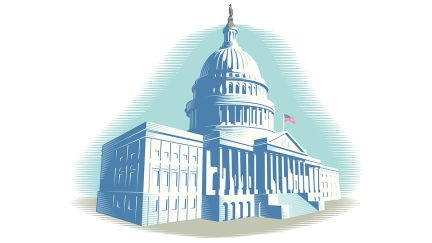For more stories like this, sign up for the PLANADVISERdash daily newsletter.
Meet Dave Barry, Professional Humorist and Pulitzer Prize Winner
Among his accomplishments, Barry won the Pulitzer Prize for commentary, although he misplaced it for several years, which is why his wife now keeps it in a secure location that he does not know about.

If you haven’t heard already, the 2022 PLANADVISER National Conference is fast approaching, being held in person this year for the first time since 2019—and in a new location. We will be taking over the beautiful Westin Kierland Resort in Scottsdale for three days of learning, networking and innovating.
The conference agenda is packed with timely presentations and informative debates—and with fun events like the welcome party and the PANC Fun Run. We are particularly excited to be presenting our special guest speaker, Dave Barry, professional humorist.
Among his accomplishments, Barry won the Pulitzer Prize for commentary, although he misplaced it for several years, which is why his wife now keeps it in a secure location that he does not know about. Barry is also a New York Times best-selling author and has published more than 30 insightful and humorous books, even being called “one of the funniest writers alive” by journalist Carl Hiaasen.
You can read more about Barry’s life and work on his website, and you can find the link to the conference registration page here.
We hope you will join us for what promises to be an unparalleled learning and network event for America’s premier retirement plan advisers.
You Might Also Like:
Plan Sponsors Remain Focused on Workforce Retirement Benefits

Milken Institute Supports Steps to Increase Adoption of In-Plan Lifetime Income Solutions




